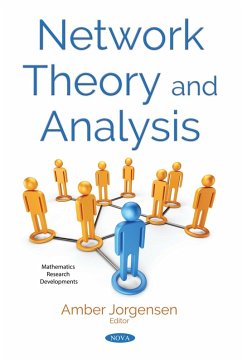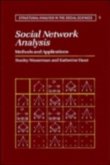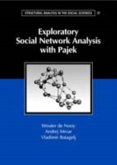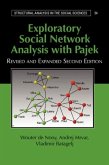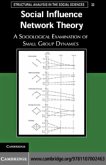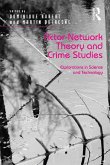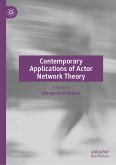In Network Theory and Analysis, the authors begin by examining the resource curse that explains the tendency of natural resource rich economies to perform poorly economically, as well as how these resources mediate other development challenges like poor governance, corruption, excessive borrowing, currency movement, neglect of manufacturing and agricultural sectors and violent conflict. They argue that the conceptualization of the curse suffers from methodological nationalism where state weaknesses and strengths are regarded as the main factors that condition the impact of resources. Next, a study focusing on Brazil's public health care is presented, suggesting that physicians with more professional connections probably take on more diverse professional occupations. Establishing policies like limiting weekly workload in the public health care system may lead to improving the efficiency of the overall network. Following this, the book examines social network analysis, the process of Identifying relationships between organizations, people, and connected information entities by mapping. The authors pay particular attention to the connection between actors, sense of independence, and emergent impacts. In the subsequent chapter, insight on IP addressing is provided, as well as on different IP addressing systems available today. The details of the prefix notation and CIDR notation are explained, and the various fields of the IPv4 header are discussed. Lastly, the various fields of the IPv6 and the difference between the IPv4 and the IPv6 addressing system are examined.
Dieser Download kann aus rechtlichen Gründen nur mit Rechnungsadresse in A, B, BG, CY, CZ, D, DK, EW, E, FIN, F, GR, HR, H, IRL, I, LT, L, LR, M, NL, PL, P, R, S, SLO, SK ausgeliefert werden.

